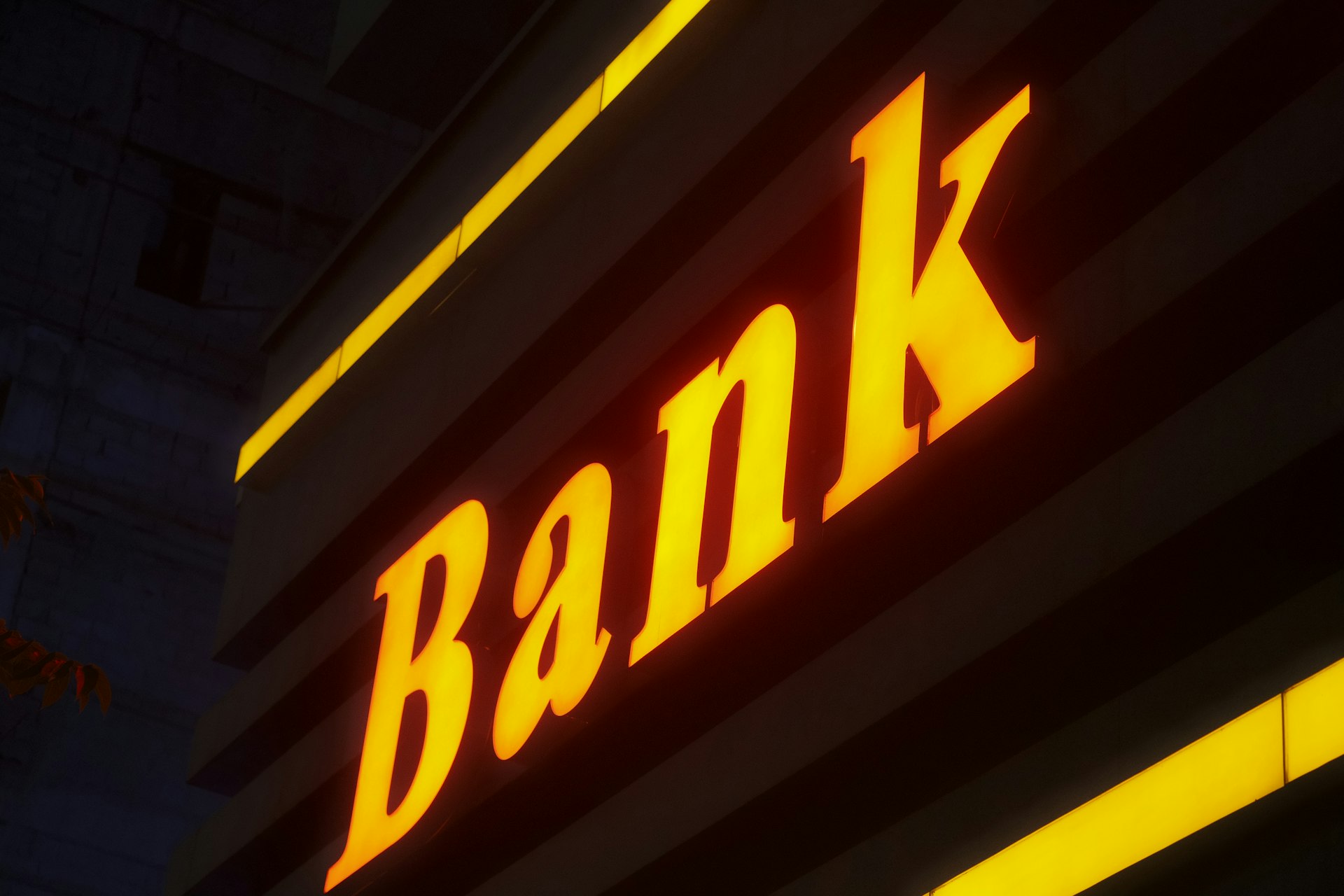Unlocking the Future: How Token Economy and Digital Assets Are Transforming Global Finance

Photo by Traxer on Unsplash
The Dawn of the Token Economy: An Overview
The token economy is fundamentally changing the way value is created, exchanged, and owned in the digital age. Digital assets, including cryptocurrencies, tokenized real-world assets, non-fungible tokens (NFTs), and decentralized finance (DeFi) instruments, are opening new markets and democratizing access to investment. As we approach 2025, advancements in blockchain technology, increased institutional adoption, regulatory clarity, and artificial intelligence (AI) integration are fueling this transformation [3] . This article examines current trends, actionable steps for individuals and businesses, real-world examples, and the challenges and solutions shaping the future of tokenization and digital assets.
Utility Tokens and Real-World Applications
Utility tokens are moving beyond purely speculative uses. They increasingly provide access to services, enable participation in digital ecosystems, and drive user engagement across industries such as gaming, healthcare, and education. For example, gaming platforms now issue tokens that users can earn, trade, or use to unlock premium experiences. Healthcare startups are piloting patient data tokens that reward users for sharing health information securely. In education, tokens can grant access to exclusive courses or certify skills [1] .
To access these benefits, users typically need to:
- Set up a digital wallet compatible with the relevant platform.
- Participate in the ecosystem (such as by playing games or contributing data).
- Earn or purchase tokens through official channels or exchanges.
- Redeem tokens for goods, services, or voting rights within the ecosystem.
It is essential to research the platform’s reputation, verify the token’s utility, and ensure regulatory compliance before participating. Official project websites or established exchanges provide guidance on getting started.
Institutional Adoption and Asset Tokenization
Large financial institutions and corporations are increasingly adopting tokenization to streamline operations, broaden market access, and improve transparency. By 2025, tokenized markets-where assets like stocks, bonds, real estate, and commodities are represented by digital tokens-are projected to reach a $2.08 trillion valuation, with a compound annual growth rate of over 45% [3] .
For investors, tokenization enables:
- Fractional ownership : Buy small portions of high-value assets (e.g., real estate, art).
- Global access : Participate in markets previously limited by geography or capital barriers.
- Reduced costs and faster settlement : Blockchain-based transactions reduce middlemen and paperwork [2] .
To invest in tokenized assets, you can:
- Identify regulated tokenization platforms-many real estate and commodity tokenization companies are expanding globally.
- Complete any required identity verification and compliance checks.
- Select and purchase tokens through the platform, choosing fractional or full ownership as available.
- Track performance and manage your holdings through the platform’s dashboard.
Regulatory rules are evolving. To ensure compliance and security, look for platforms that are transparent about their licenses and provide clear investor protections.
Integration of Blockchain and Traditional Finance
The border between traditional and digital finance is blurring as banks and established financial groups adopt blockchain technology. This integration supports faster, more efficient trading across assets, improved transparency, and enhanced security [2] . For example, tokenized stocks can be traded on both centralized exchanges and decentralized platforms, expanding liquidity and market reach.
If you are seeking to participate in these hybrid markets, consider:
- Consulting with your financial advisor about firms offering regulated tokenized products.
- Exploring major investment platforms as they introduce tokenized bonds or real estate products.
- Monitoring regulatory agency updates for new guidelines and investor education resources.
For official information, you may search the U.S. Securities and Exchange Commission (SEC) website for “digital asset guidance” or consult your country’s financial regulatory authority for updates on tokenization rules.
Decentralized Finance (DeFi) and Governance Tokens
DeFi platforms are creating open, accessible financial services without traditional intermediaries. These platforms rely on governance tokens, which give holders the right to vote on key decisions and shape ecosystem development [1] . In 2025, DeFi is expected to drive financial inclusion-enabling users worldwide to access loans, earn interest, and participate in innovative markets such as the Metaverse [4] .
Participation typically involves:
- Setting up a compatible digital wallet (such as MetaMask) and securing your private keys.
- Connecting to a DeFi platform (such as a decentralized exchange or lending protocol).
- Purchasing or earning governance tokens through platform activity or external exchanges.
- Voting on governance proposals to influence platform development and policies.
DeFi platforms can be volatile and are subject to evolving regulations. Always review platform audits and seek out user reviews before engaging. For up-to-date DeFi regulatory news, check reputable financial news sites or the official websites of financial authorities.
Artificial Intelligence and Automation in Tokenization
AI is streamlining the management of digital assets by automating compliance, enhancing security, and optimizing trading strategies. For example, AI agents can perform risk calculations and monitor transactions for regulatory compliance across jurisdictions, making tokenized assets more attractive to institutional investors [5] .
To benefit from these advancements, businesses and investors should:
- Monitor developments in AI-powered tokenization platforms for improved analytics and automation.
- Engage with providers offering institutional-grade compliance and risk management tools.
- Follow industry news for updates on global standards and interoperability efforts.
As global standards for tokenization evolve, industry groups and regulatory bodies are working towards uniform protocols. You can typically find updates on these efforts by searching for “global tokenization standards” from reputable think tanks or standards organizations.
Future Opportunities and Implementation Guidance
The token economy is expanding across sectors-energy, intellectual property, art, and infrastructure. For creators, tokenizing intellectual property means offering shares of future royalties or licensing income, transforming how value is captured and distributed [3] . Energy firms are using tokens to digitize renewable energy credits and trace supply chains.
To implement tokenization in your business or portfolio:
- Assess your asset classes for tokenization potential (consult with legal and financial experts).
- Research platforms and partners with experience in your industry.
- Review regulatory requirements in your jurisdiction and ensure compliance.
- Develop a clear strategy for token issuance, marketing, and ongoing management.
- Educate your stakeholders about tokenization benefits and risks.
For those interested in tokenizing intellectual property or creative works, consider contacting legal professionals specializing in digital rights and blockchain contracts.
Challenges and Solutions
Despite rapid growth, the token economy faces several challenges:
- Regulatory uncertainty : Regulatory frameworks are still evolving, especially for cross-border transactions. Stay informed through official financial authority updates and consult compliance specialists.
- Security risks : Digital asset platforms are targets for cyberattacks. Use platforms with proven security records and enable two-factor authentication whenever possible.
- Market volatility : Token prices can fluctuate dramatically. Diversify your holdings and only invest what you can afford to lose.
- Access and education : Many users are unfamiliar with digital wallets and blockchain concepts. Seek out educational resources from established industry groups, webinars, or official project sites.
Alternative approaches include joining industry working groups, attending online courses provided by accredited universities, or following updates from international organizations that monitor digital asset trends.
Conclusion: Key Takeaways and Next Steps
The future of the token economy and digital assets promises greater transparency, access, and innovation. Individuals and organizations can participate by staying informed, choosing reputable platforms, and following best practices for security and compliance. As regulatory clarity increases and technology matures, digital assets will likely become a mainstream part of global finance [5] .
To get started:

Photo by Traxer on Unsplash
- Research trustworthy platforms and consult with qualified professionals.
- Explore official regulatory resources for your jurisdiction.
- Participate in educational programs offered by industry groups and academic institutions.
- Monitor ongoing trends and innovations in the token economy.
References
- [1] Vocal Media (2024). The Future of Crypto Token Development: Trends to Watch in 2025.
- [2] Shamla Tech (2024). Trends in Asset Tokenization for 2025.
- [3] Debut Infotech (2024). 2025 Guide to Asset Tokenization Trends.
- [4] Blockchain Techs (2024). DeFi Trends in 2025.
- [5] Zoniqx (2024). 2025 Trends in Real-World Asset Tokenization.
MORE FROM dealresult.com













